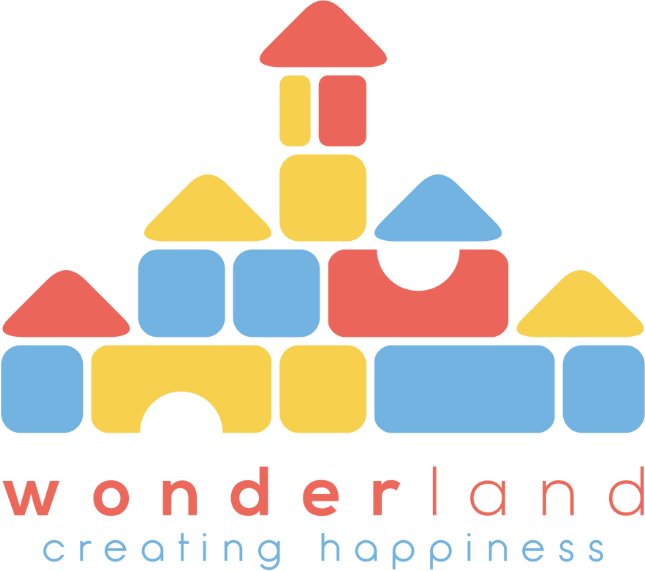Creating a platform for global learning & teaching practices
Learning at Wonderland
Wonderland Curriculum
At Wonderland, our learning and teaching practices were initially based on the Montessori philosophy. The Montessori approach to education was developed in 1907. Maria Montessori developed this method of education so that children would develop the skills to be successful in the 19th century.
Wonderland then implemented the International Early Years Curriculum (IEYC). This is a well-known global curriculum based on the British Early Childhood Education curriculum. Wonderland teachers have developed a deep understanding of the IEYC curriculum and teaching methods.
Wonderland has kept the Montessori and IEYC aspects that are still relevant today and has added teaching methods and equipment to meet the educational needs of children today. Our inquiry-based curriculum supports children’s learning through play and playful lessons.
The Wonderland Curriculum has evolved from Montessori to encompass the global aspect of the IEYC and now we also have introduced philosophies, teaching methods, and equipment that celebrate post and pre-colonial India.
Introducing Wonderlands Enquiry-based Curriculum
Traditional learning
- Builds short-term memory skills
- Promotes task completion
- Focuses on finding a predetermined answer
- Promotes competition
- Focuses on following directions/instructions
Enquiry - based learning
- Develops long-term learning pathways
- Promotes understanding of processes for critical thinking
- Develops problem identification and problem-solving skills
- Promotes collaboration & cooperation
- Promotes questioning, critical thinking and innovation
There are 9 Learning Principles that underpin all practice in the Wonderland Curriculum.
- The earliest years of life are important in their own right.
- Children should be supported to learn and develop at their own unique pace.
- Play is an essential aspect of all children’s learning and development.
- Learning happens when developmentally appropriate, teacher-scaffolded, and child-initiated experiences harness children’s natural curiosity in an enabling environment.
- Independent and interdependent learning experiences create a context for personal development and are the foundation of international mindedness.
- Knowledge and skills development lead to an increasing sense of understanding when children are provided with opportunities to explore and express their ideas in multiple ways.
- Ongoing assessment, in the form of evaluation and reflection, is effective when it involves a learning link with the home.
- Learning should be motivating, engaging, and fun, opening up a world of wonder for children.
- Children learn best in a culturally appropriate and inclusive learning environment.
Wonderland Personal Goals
- Inquiry to enable them to explore & learn
- Adaptability to change and improve
- Resilience to rise to challenges
- Clear communication wherever we are
- Thoughtfulness, to work as a fully functioning member of the community
- Cooperation to reap the fruits of teamwork
- Respect for all people, places, and things
- Sustainability to care for and protect our planet
- Sewa ( the selfless spirit)
